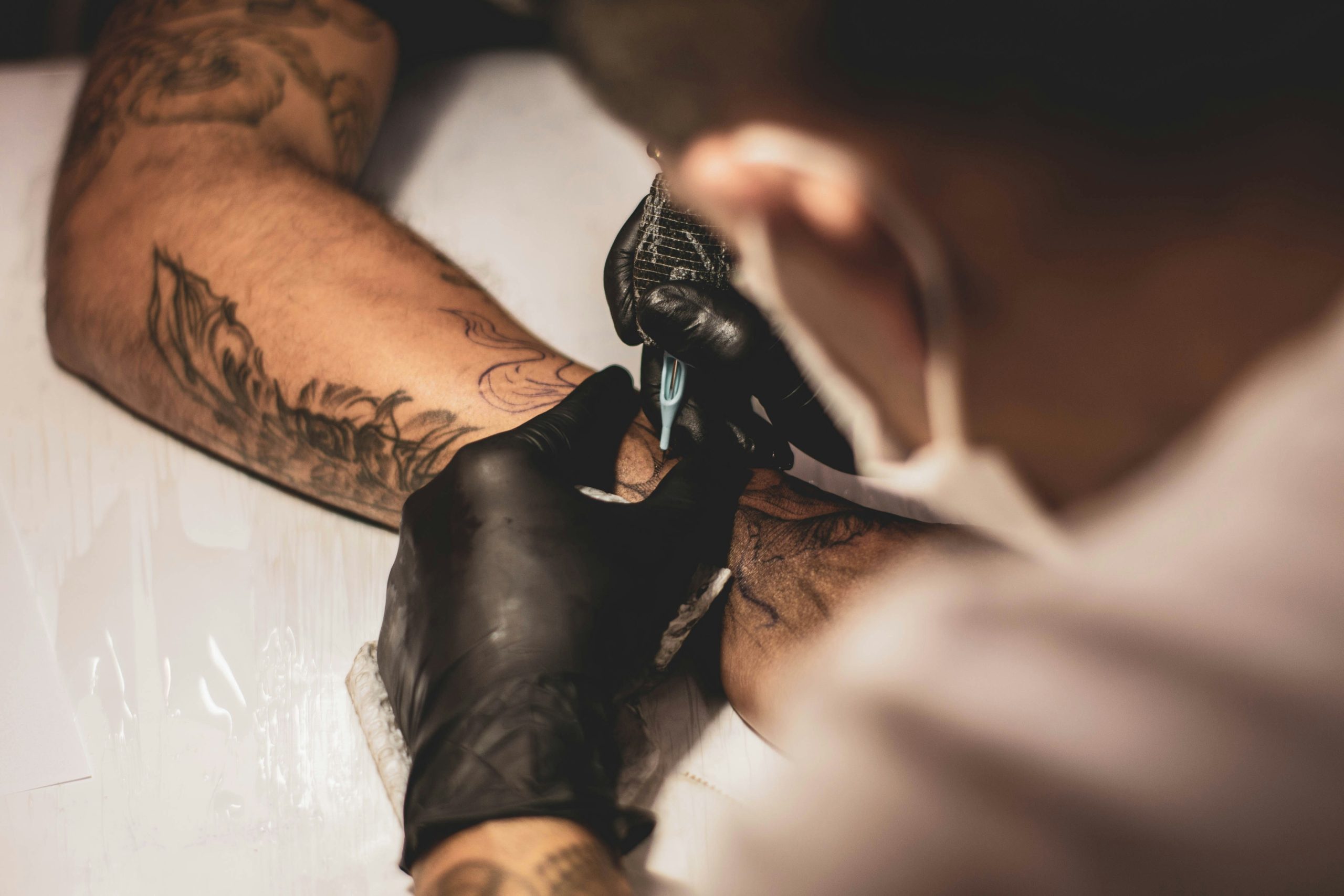In recent years, the tattoo industry has witnessed a surge in innovative products designed to enhance the tattooing experience and aftercare process. One such product is the tattoo pillow, a specialized cushion created to provide comfort and protection for fresh tattoos. As environmental awareness grows, both consumers and manufacturers are seeking sustainable and eco-friendly options. This article delves into the importance of sustainability in tattoo pillows and explores various eco-friendly alternatives available on the market.
The Environmental Impact of Conventional Tattoo Pillows
Traditional tattoo pillows, like many other mass-produced products, often rely on materials and manufacturing processes that can be harmful to the environment. Conventional pillows are typically made from synthetic fibers such as polyester, which is derived from petroleum, a non-renewable resource. The production of synthetic materials consumes significant energy and water resources and contributes to pollution. Additionally, these pillows are often filled with foam or other non-biodegradable substances that can take hundreds of years to decompose.
The packaging and transportation of tattoo pillows also add to their environmental footprint. Plastic packaging, in particular, is a major concern due to its widespread use and the difficulty of recycling it effectively. Given these factors, the tattoo industry must consider more sustainable options that minimize environmental impact while maintaining the quality and functionality required by tattoo artists and clients.
Sustainable Materials for Eco-Friendly Tattoo Pillows
To address the environmental concerns associated with traditional tattoo pillows, many manufacturers are turning to sustainable materials. Here are some of the most promising options:
Organic Cotton
Organic cotton is an excellent alternative to synthetic fabrics. It is grown without the use of harmful pesticides and chemicals, making it safer for the environment and for the farmers who produce it. Organic cotton is also biodegradable, reducing the environmental impact at the end of the pillow’s life cycle.
Bamboo Fiber
Bamboo is another sustainable material gaining popularity in the production of tattoo pillows. Bamboo grows rapidly and requires minimal water and no pesticides. Bamboo fiber is naturally antibacterial and hypoallergenic, making it an ideal choice for tattoo aftercare products.
Recycled Materials
Using recycled materials is an effective way to reduce waste and conserve resources. Some companies are now producing tattoo pillows made from recycled polyester or other upcycled fabrics. These materials provide the same level of comfort and support as their conventional counterparts while significantly reducing the environmental footprint.
Eco-Friendly Fillings for Tattoo Pillows
In addition to the outer materials, the fillings of tattoo pillows can also be made more sustainable. Here are some eco-friendly options:
Natural Latex
Natural latex is derived from the sap of rubber trees and is a sustainable alternative to synthetic foam. It is biodegradable, durable, and provides excellent support and comfort.
Kapok
Kapok is a natural fiber harvested from the seed pods of the kapok tree. It is lightweight, hypoallergenic, and biodegradable, making it an ideal filling for eco-friendly tattoo pillows.
Buckwheat Hulls
Buckwheat hulls are another sustainable filling option. They are the outer shells of buckwheat seeds and are known for their durability and breathability. Buckwheat hull pillows can conform to the shape of the body, providing customized support for fresh tattoos.
The Future of Sustainable Tattoo Pillows
As the demand for eco-friendly products continues to grow, the tattoo industry is likely to see more innovations in sustainable tattoo pillows. Companies are increasingly aware of the need to balance quality, functionality, and environmental responsibility. By investing in sustainable materials and manufacturing processes, the tattoo industry can contribute to a healthier planet while providing superior products for their clients.
In conclusion, the shift towards eco-friendly tattoo pillows is not only beneficial for the environment but also aligns with the growing consumer demand for sustainable products. By choosing tattoo pillows made from organic cotton, bamboo fiber, recycled materials, and eco-friendly fillings like natural latex, kapok, or buckwheat hulls, we can reduce the environmental impact of the tattoo industry. Embracing sustainability in tattoo aftercare products ensures that we can continue to enjoy and celebrate body art without compromising the health of our planet.







